Abbas Araghchi: Iran’s new foreign minister and his diplomacy of pragmatism
By Xavier Villar
President Masoud Pezeshkian’s pick for foreign minister Seyed Abbas Araghchi managed to win the vote of confidence of the parliament on Wednesday, clearing the way for him to become the next top diplomat of the Islamic Republic, succeeding Hossein Amir-Abdollahian.
Aragchi, 61, is a seasoned diplomat with an extensive background spanning several decades.
He is recognized as one of the key negotiators of the 2015 nuclear deal, also known as ‘The Joint Comprehensive Plan of Action (JCPOA), between Iran and the world powers, which former US President Donald Trump very infamously and unilaterally breached in May 2018.
Aragchi’s diplomatic career, marked by a notable ascent, parallels his late predecessor, Amir-Abdollahian. Like Amir-Abdollahian, who passed away in a helicopter crash on May 19, Araghchi began his career as a political analyst at the foreign ministry.
Born in Tehran into a religious merchant family, Araghchi initially followed in the footsteps of his two elder brothers, who continue to manage the family business.
In his book, ‘The Power of Negotiation’, Araghchi describes how his commercial family background provided him with a unique perspective on global diplomacy.
Like many young Iranians at the time, Araghchi volunteered to fight in the Sacred Defense (1980-1988) against the West-backed Baathist regime forces of Iraq, an experience he has cited as transformative for his political outlook.
“We still remember the French Super Etendard fighters, British Chieftain tanks, German chemical weapons, American Awax planes, and Saudi dollars that fueled Iraq’s war against Iran,” he reflected in a 2018 speech on the Islamic Republic of Iran’s missile program.
His voluntary work with the Islamic Revolution Guards Corps (IRGC) also left a lasting impact on him.
In a 2015 interview, he said when he joined the foreign ministry in 1989, he officially separated from the IRGC, but deep down in his heart, he was still attached to it.
Araghchi holds a degree in International Relations, a master’s in Political Science from Islamic Azad University in Tehran (1991), and a Ph.D. in Politics and Government from the University of Kent in the United Kingdom.
Throughout his diplomatic career, he has held several prominent positions while consistently rising through the ranks.
He served as Iran’s ambassador to Finland from 1999 to 2003 and led the ministry of foreign affairs Western Europe department from 2003 to 2004, during the initial phase of negotiations with the UK, France, and Germany over Iran’s peaceful nuclear program.
All cabinet ministers win Iranian parliament’s vote of confidencehttps://t.co/tnU5rjH6ES
— Press TV 🔻 (@PressTV) August 21, 2024
In 2005, Araghchi was promoted to deputy foreign minister for legal affairs. By 2008, he had become ambassador to Japan and, in 2011, he was appointed director of Asian and Pacific Affairs, a role he held until 2013.
Following Hassan Rouhani's election as president in 2013, then-foreign minister Javad Zarif recruited Araghchi as his deputy for political affairs.
Wendy Sherman, the US ambassador who also participated in the talks, described Araghchi in her memoirs, published after the JCPOA agreement, as "determined, and calm."
During the marathon nuclear negotiations, Araghchi cultivated a distinctive image of himself as a serious diplomat, making it nearly impossible to read his emotions or reactions.
Araghchi, after being nominated by President Pezeshkian for the role of foreign minister, outlined his agenda titled "Comprehensive, Active, and Effective Foreign Policy" prior to his appearance before the parliamentary committee on national security and foreign policy.
The document highlights key objectives for the fourteenth administration, including "securing national interests and preserving and enhancing national wealth," "strengthening national security and boosting power," and "maintaining dignity and elevating status."
Araghchi has pledged to foster an "honorable, functional, and opportunity-oriented interaction from a position of equality and mutual respect" with Europe while emphasizing his intent to combat "hostile policies from the US and the Zionist regime."
Another priority outlined in his program is to focus on Iran's rights and involvement in corridors and transit routes. Araghchi plans to "prevent the exploitation of the country’s geographical capacities, particularly in regional transportation, international transit, and the energy sector" and to utilize energy diplomacy effectively.
Additional goals include "maintaining strong relations with China and Russia, expanding cooperation with emerging economies such as India, Indonesia, South Africa, and Brazil," "facilitating trade and economic relations with neighbors, especially in border areas," and "addressing climate and environmental challenges through regional and international cooperation, with special emphasis on water diplomacy."
Iran president: I will consider parliament's advice on my decisions https://t.co/ioP0kZngOm pic.twitter.com/CKxVNVWUpC
— Press TV 🔻 (@PressTV) August 21, 2024
In the realm of "economic diplomacy," Araghchi aims to direct foreign policy toward the country’s economic advancement and leverage all available resources to support and inspire entrepreneurs, particularly within the private sector.
The new foreign minister has outlined a series of key priorities for his role. He has emphasized his commitment to advancing the policy of good neighborliness established by President Raeisi’s administration, maximizing the potential of regional organizations such as the Shanghai Cooperation Organization, BRICS, the Eurasian Economic Union, and others.
He also plans to broaden the "field of diplomacy" to include Africa, Latin America, and East Asia.
Among his primary objectives, Araghchi advocates for a "balanced and functional diplomacy," with a focus on "comprehensive support for resistance and the rights of the Palestinian people."
He also proposes a review of the functions of Iran's embassies and representations abroad and the adoption of an internal approach that is "fraternal, responsible, and dialogue-based."
In terms of national security, Araghchi aims to elevate diplomacy as a crucial tool for power generation and management, coordinating with other authorities, institutions, and relevant bodies.
His approach includes the "combined use of material and spiritual elements of power, such as hard power, soft power, smart power, and meaningful power."
Additionally, he is committed to "maintaining and strengthening the country's deterrent capacity in the region and beyond through active regional and international diplomacy, with complete coordination between the military and diplomatic spheres."
He also intends to "strengthen countries and entities allied or associated with Iran and expand and consolidate the country's geopolitical depth, particularly within the resistance axis."
In his program, Araghchi emphasizes a "firm, effective, and timely response to risk hotspots and threatening policies and decisions."
He has also underscored his intention to prevent the "rebuilding of the global alliance against Iran, particularly within the United Nations Security Council."
To sum it up, his plan shows total coordination between diplomacy and the military apparatus, unconditional support for the "Axis of Resistance," a pragmatic approach to Europe, preventing the formation of an anti-Iran alliance at the UN Security Council, and lifting sanctions.
Xavier Villar is a Ph.D. in Islamic Studies and researcher based in Spain.
(The views expressed in this article do not necessarily reflect those of Press TV)
Iran’s retaliatory attack completely destroys sophisticated US radar system in Qatar
US-Israeli aggression violates UN Charter; Iran will defend homeland: Foreign Ministry
US-Israeli 'regime change' project in Iran 'impossible mission': FM Araghchi
IRGC Navy pounds US MST ship with a volley of missiles after Israeli-US aggression
Iran’s retaliatory attacks will continue uninterruptedly: Senior commander
Saudi Arabia lobbied for UAE sanctions: Trump
IRGC launches missile, drone strikes against Israel in response to US-Israeli aggression
IRGC pounds US bases across West Asia in self-defense following US, Israeli aggression


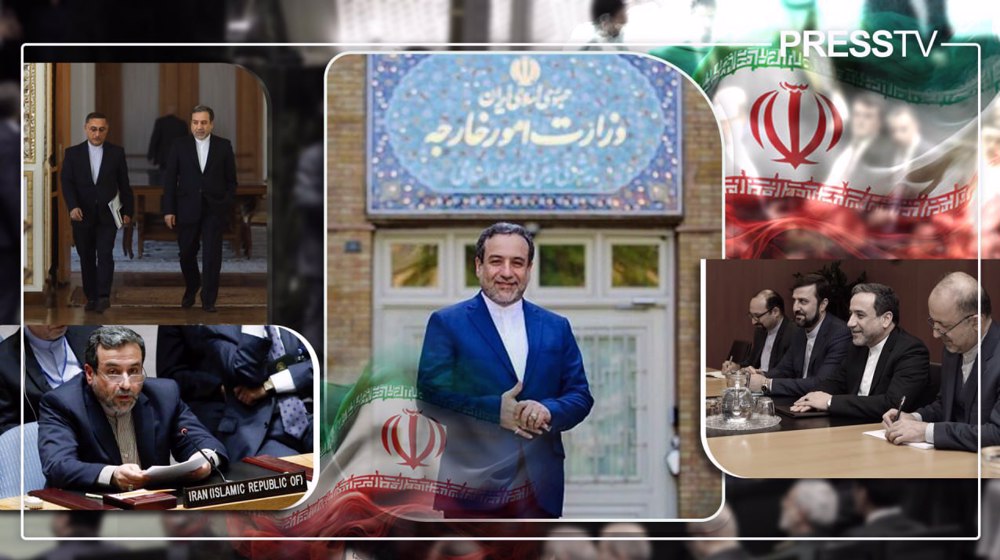
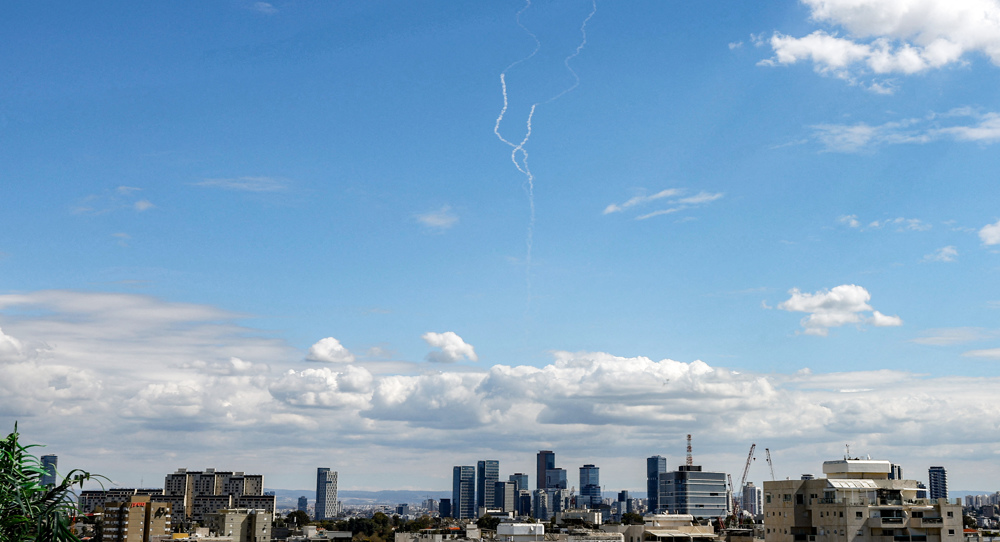
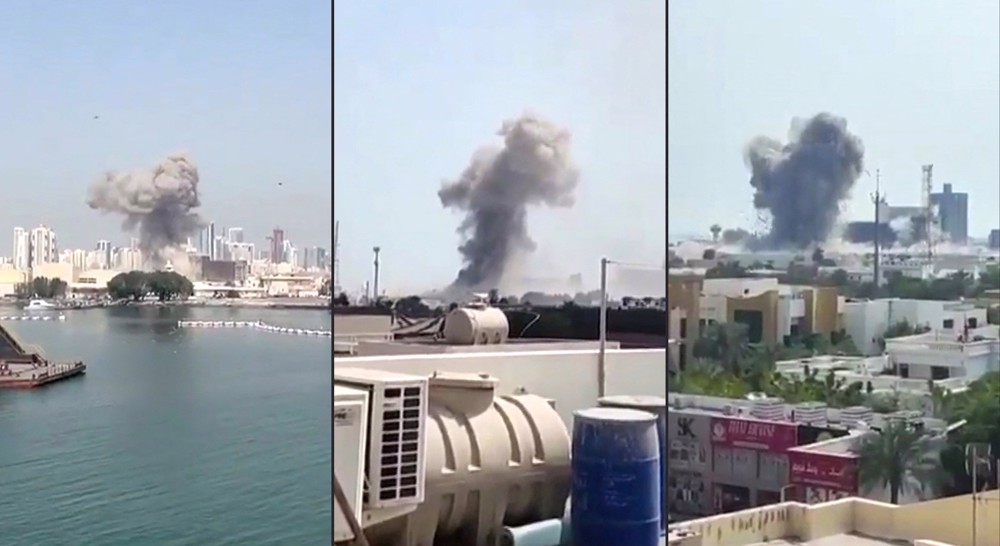
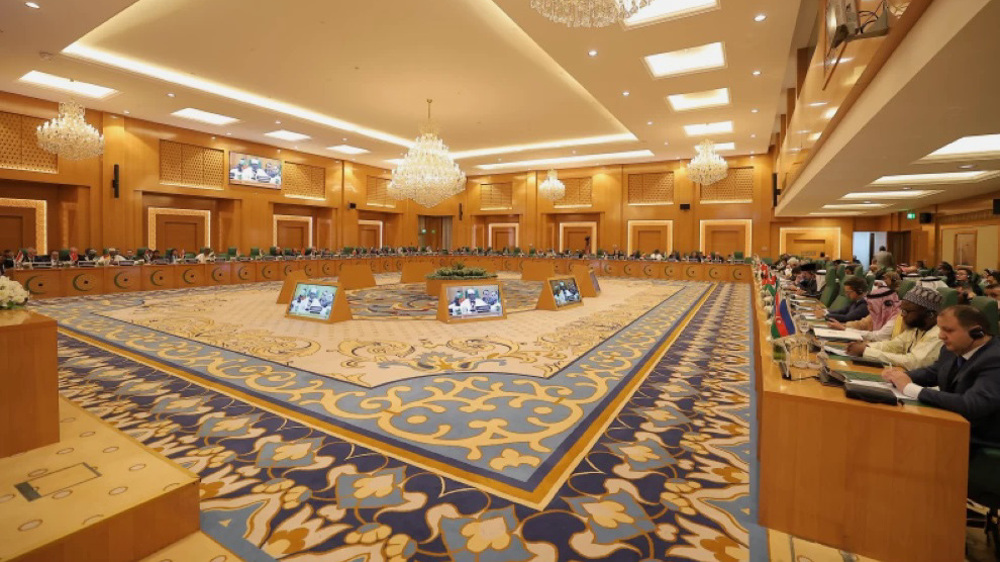





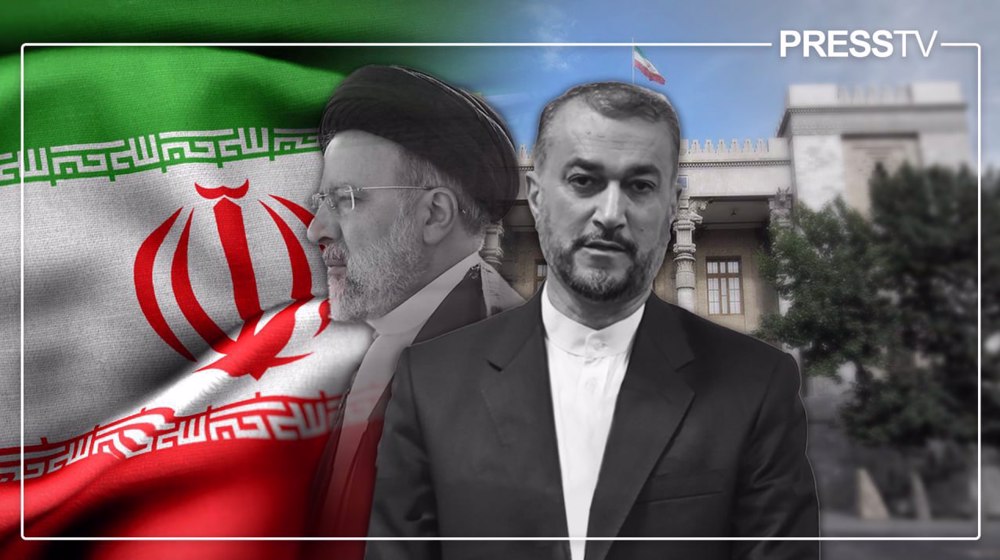
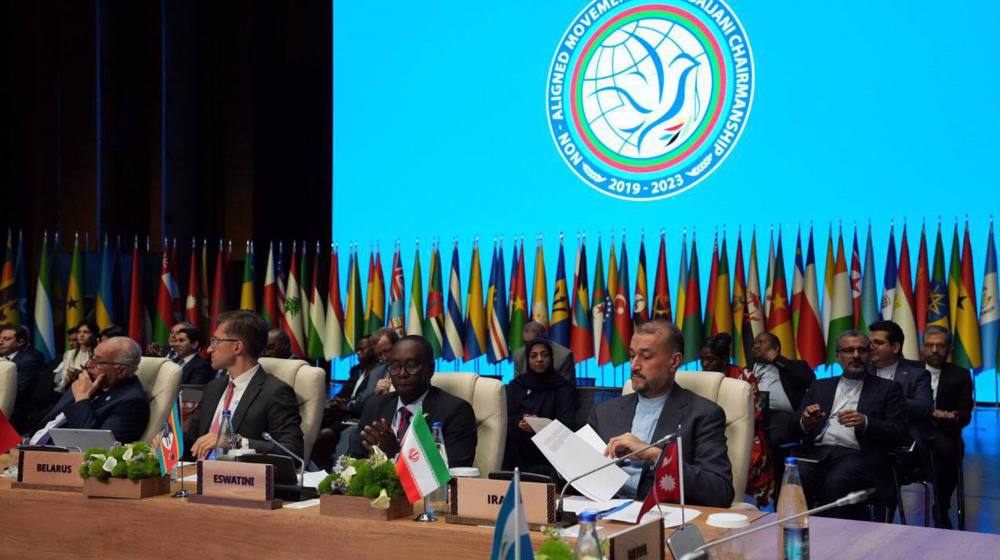
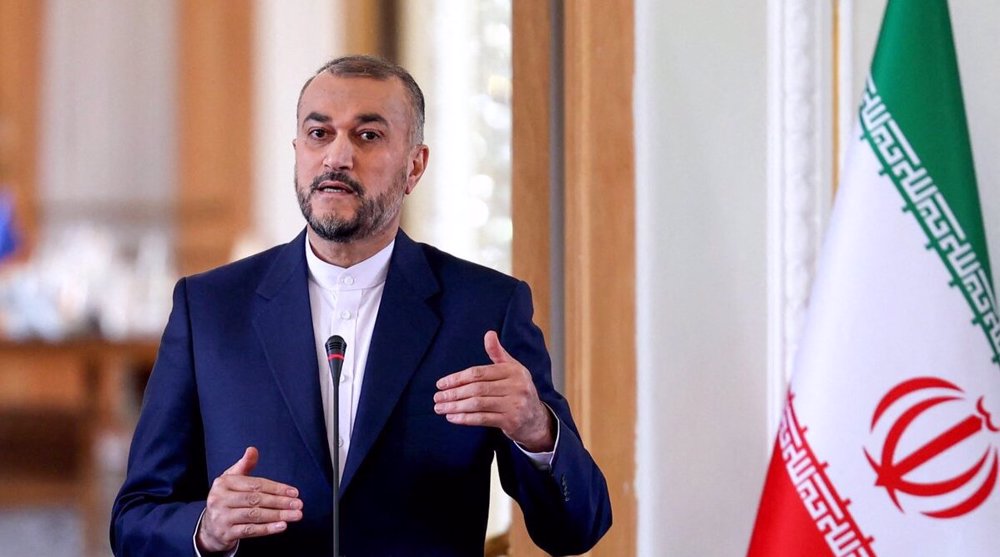

 This makes it easy to access the Press TV website
This makes it easy to access the Press TV website